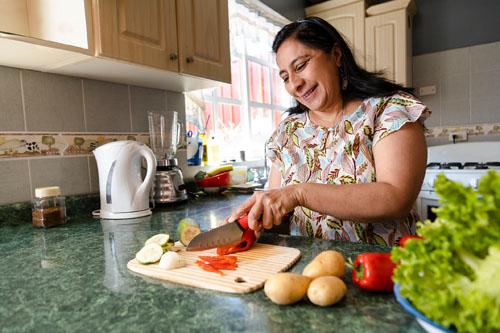What is a Household Manager

A household manager is a professional who is responsible for managing the day-to-day operations of a household. They are typically hired by busy families who need help managing their homes and schedules. The role of a household manager can vary depending on the needs of the family, but some of the tasks they may be responsible for include:
- Household organization: The household manager may be responsible for organizing the home, including decluttering, arranging furniture, and creating storage solutions.
- Scheduling and appointments: The household manager may be responsible for scheduling appointments for the family, such as doctor's appointments, haircuts, and other personal appointments.
- Meal planning and preparation: The household manager may be responsible for planning and preparing meals for the family, including grocery shopping, meal planning, and cooking.
- Event planning: The household manager may be responsible for planning and organizing events for the family, such as birthday parties, holiday gatherings, and other special occasions.
- Travel planning: The household manager may be responsible for planning and organizing travel for the family, including booking flights, hotels, and transportation.
- Budgeting and financial management: The household manager may be responsible for managing the family's finances, including paying bills, managing bank accounts, and creating a budget.
- Laundry and making of beds, ironing, sorting drycleaning and clothes for repair or give away.
Managing household staff: If the family has other household staff, such as a housekeeper or nanny, the household manager may be responsible for managing their schedules, duties, and performance.
Overall, the role of a household manager is to help busy families manage their homes and schedules. They are responsible for a wide range of tasks, from managing household staff to organizing the home and planning events. By taking care of these tasks, they can help families save time and reduce stress, allowing them to focus on other priorities.

